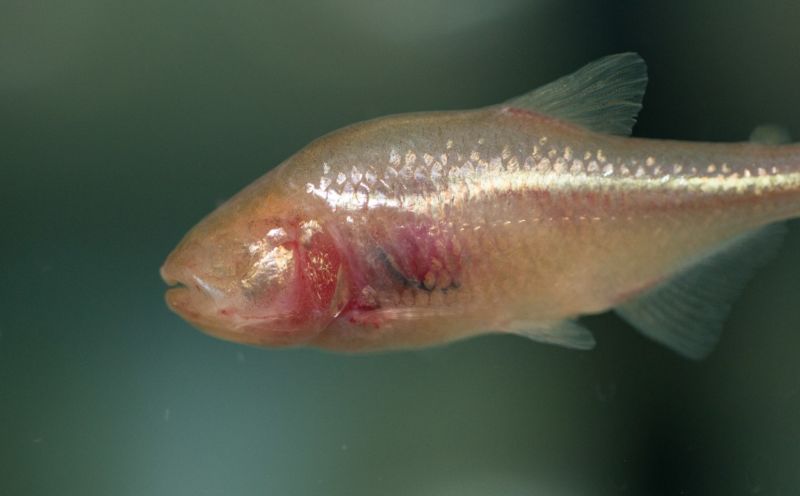An evolutionary adaptation that doesn’t directly rely on new mutations

Enlarge / One of the fish in question. (credit: University of Cincinnati )
Creatures that spend their lives in dark caves tend to be changed by the experience. Gollum lost the hair on the tops of his feet and his taste for cooked food. Mexican cave fish lost their eyes.
Mexican tetra swam from surface waters into their caves around 1.5 million years ago. Like naked mole rats-another species that lives underground, in perennial darkness-they have no eyes. But whereas key genes controlling eye development in naked mole rats have mutations that inactivate them, there are no such inactivating mutations in the genes of the Mexican cave fish.
But mutations aren't the only way to change gene activity, and new research suggests a different explanation for the fish's lack of eyes. Epigenetic regulation is a means of controlling gene activity that does not alter the DNA sequence of the genes themselves. Genes undergoing epigenetic regulation can still make normal proteins, but the amount of the protein they make is modulated.
Read 6 remaining paragraphs | Comments